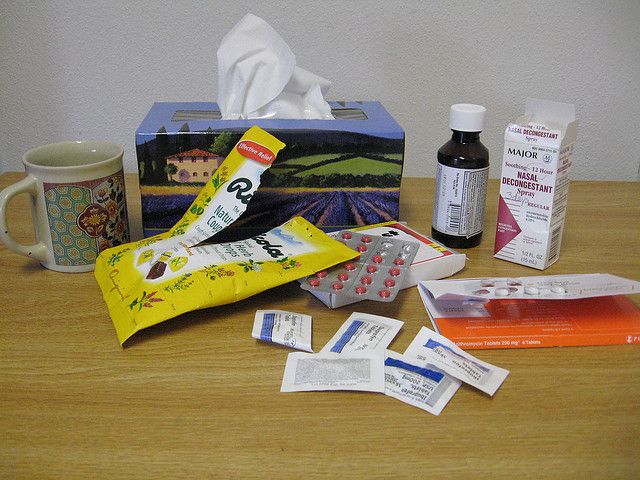Most city councils are fashion followers when it comes to progressive legislation, and Philadelphia is no exception.
The trendsetting cities — San Francisco and New York, among other usual suspects — tend to serve as laboratories for liberal legislation. They test it, refine it and then, a few years later, the ordinances spread across the country.
San Francisco was the first city to ban plastic grocery bags, back in 2007. Dozens of cities soon followed suit (though not, to date, Philadelphia). New York’s first-of-its-kind calorie labeling law was enacted in 2008. Now, federal law requires large chain restaurants nationwide to post calorie information.
The same goes for soda restrictions. Smoking bans. And now, mandatory paid sick leave.
In 2006, San Francisco became the first city to enact mandatory paid sick leave for workers. Washington, D.C. followed in 2008. Seattle and the state of Connecticut signed on in 2011.
Now, Philadelphia, Portland and the state of Maryland are debating their own versions of mandatory sick leave.
Philadelphia has tried this once before. Last year, City Council passed a sick leave ordinance, only to have it vetoed by Mayor Michael Nutter. Now, the bill’s chief sponsor, Councilmember Bill Greenlee, is trying to assemble a veto-proof majority.
“I saw that San Francisco had done it,” Greenlee said. “I think in the future paid sick leave will be commonplace. It’s a matter of basic fairness to the worker.”
Greenlee’s bill would give workers at large companies an hour of paid sick leave for every 40 hours worked, up to a mandated maximum of 56 paid sick hours per year. Smaller companies — those with between five and 11 workers — would only have to pay a total of 32 hours of sick time per year. Businesses with fewer than five workers are exempt.
Apart from the question of worker fairness, paid sick leave advocates like Greenlee contend the ordinance would be a boon for public health, slowing the spread of infectious diseases like the flu.
Consider the case of a sick line cook at a city diner. Odds are, her current employer doesn’t offer paid sick leave (it’s rare in the food service industry), and so there is a good chance she will come to work and sling hamburgers despite her stomach virus.
It’s a sensible argument, one that a progressive mayor like Nutter — who has a shown a keen interest in public health — might be expected to support.
And so he would, if paid sick leave were up for a national vote.
But Nutter worries that a city like Philadelphia, which already struggles to attract businesses and jobs, simply cannot afford to ask local businesses to accept another costly local regulation.
“We don’t need to dissuade businesses from investing in the city at a time when we need more jobs,” said Nutter spokesman Mark McDonald. “A local sick leave bill would place the city at a competitive disadvantage at a time when we’re trying to improve the environment here for investment.”
The Chamber of Commerce and cable company Comcast, both of which have lobbied intensely against paid sick leave in Philadelphia, agree.
This thinking frustrates Greenlee. The local business lobby predicted doom when the smoking ban was passed and when the city sales tax was hiked. The measurable effects of both have been minimal. Similarly, there is no shortage of business interest in San Francisco, where paid sick leave has been a reality for more than six years.
“San Francisco has even more burdens on business than we’ve got,” Greenlee said.
The difference, of course, is that San Francisco can get away with layering those burdens on business. It’s not clear that Philadelphia can. The unemployment rate in Philadelphia is 3.4 points higher than San Francisco’s. Philadelphia’s median household income is nearly half that of San Francisco’s.
Is San Francisco wealthy and desirable because it enacts so much progressive legislation? Or is it only able to get away with these ordinances because it’s already wealthy and desirable?
“We have a problem in Philadelphia that they don’t have in San Francisco, and it’s called demand. We don’t have enough of it,” says Councilmember Bill Green, an opponent of the paid sick leave ordinance. “We have to address that and become a growing city again. When we’ve got that demand back, we can follow through on some of these progressive legislative ideas.”

Patrick Kerkstra has covered Philadelphia and the region for 12 years, including a decade at the Philadelphia Inquirer, where his beats ranged from City Hall to real estate development and the Iraq war. Now a freelancer, Patrick is a writer at large for Philadelphia Magazine, a special projects reporter for PlanPhilly and a guest columnist at the Inquirer, where he writes about urban affairs.
















